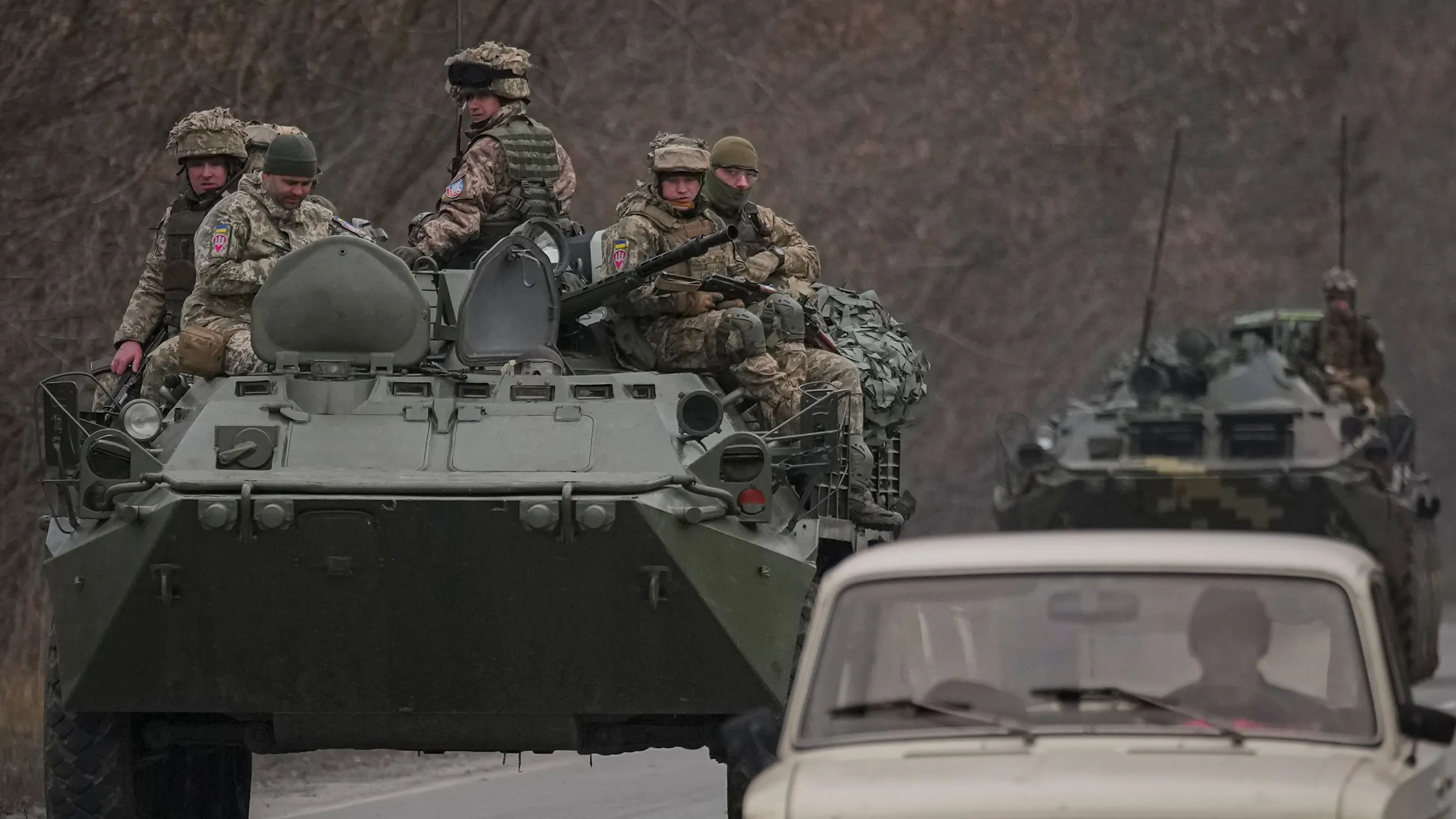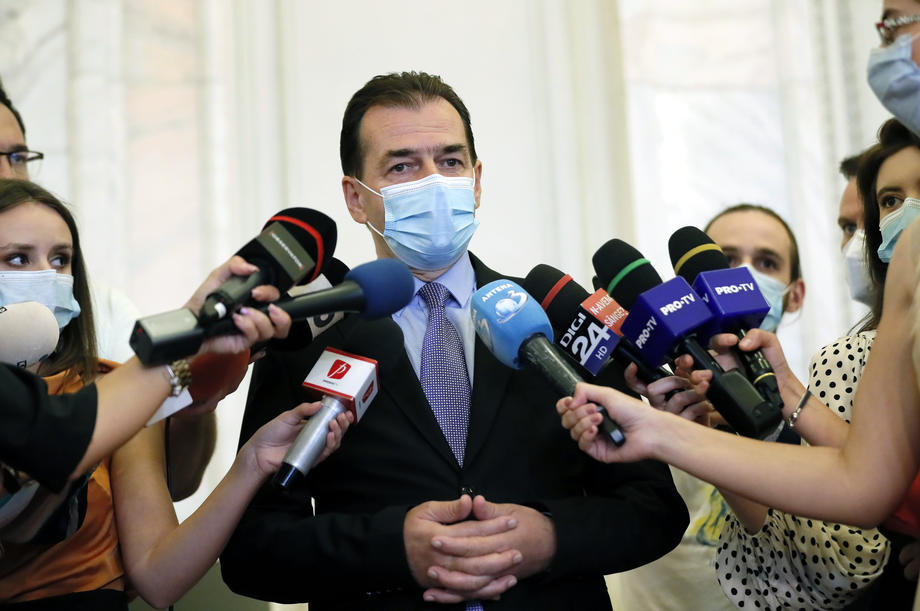As globalisation pushes forward, so do the ways that our information is distributed. As most phones these days are equipped with a pretty decent camera, and access to the internet and social media platforms, it's become easy to become a citizen journalist. You could argue that we're more interconnected than ever before. From a broad outlook, it's the perfect scenario, right? Aristotle defined citizenship as “the participation of every citizen in power to deliberate, to judge and to command”. Giving society the ability to share and voice their opinions and concerns, keeping Habermas’ Public Sphere theory alive.

But why have grown to trust non-traditional forms of media for our daily information needs? The answer is quite simple, diversity! In an interconnected network of nations, more and more information is shared. Traditionally we may have only had access to a limited number of broadcast and print sources, now with the internet, there are literally trillions. This allows users to explore other outlets, do their own research, and, in some locations, uncover vital information that is being limited by the government.
With media convergence in full swing and more and more forms of media launching daily, it's hard to determine if citizen journalism is beneficial or just clutter. It provides the instant availability of information and much more specific targeting by the creators of the content. Allows for audiences to become creators themselves, as seen in the ongoing Russo-Ukrainian war, which has shown the world the horrific occurrences through citizen uploads via our major social media platforms.

Misinformation on social media is also inevitable, with platforms having extremely weak regulations in place (Due to the sheer number of content being shared). Resulting in an extreme lack of trust in our media, making audiences much more sceptical about the information they believe, and hindering the effectiveness of citizen journalism via our social media platforms.
Looking closer at citizen journalism in Romania now. A 2021 Reuters Institute study found that Romania has a waning trust in its overall media during the COVID-19 pandemic. This was due to limited access to information, closed sites and newsrooms that are dependent on government subsidies.

Fortunately, citizens showed an active interest in data visualisation and investigative pieces. Frustrated by the fact that Romanian Journalists relied on data regarding the pandemic released by a secretive group of Strategic Communication, whose membership was kept secret for over a year! As a result, Romania saw Whistleblowers from inside the medical system, trusted local and national newsrooms and breaking news journalists and civic activists pressuring national and regional administrations for correct, in-depth data and explanations. The first investigative piece was released on Facebook one week into their lockdown and was shared over 5,000 times. All these elements helped keep institutions in power accountable. Highlighting that Romania has a thriving citizen journalism network, which aims to compensate for their government's lack of information and diversity.
Citizen journalism is bringing us closer to action than ever before. It's been a powerful asset in the publicity of the Russo-Ukrainian war, giving the world a look into the occurrences from the perspective of those who are living it. Romania also has benefited from participatory journalism, acting as a compensatory mechanism to share data and insights into the state of the COVID-19 pandemic, which was otherwise restricted by traditional media.







